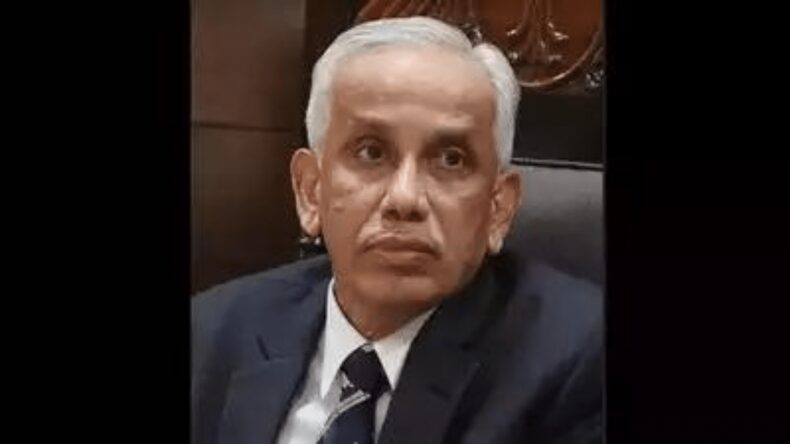Judge S Abdul Nazeer was involved in many landmark cases, including the Triple Talaq and Ayodhya-Babri Masjid disputes.
Andhra Pradesh Governor Droupadi Murmu today announced that Judge S Abdul Nazeer, a retired judge from the Supreme Court, has been appointed as its third governor.

On January 4 of this year, Syed Abdul Nazeer retired from the Supreme Court after serving as a judge for more than three decades.
Taking over from Biswa Bhusan Harichandan, who has been transferred to the role of Governor of Chhattisgarh, Justice Nazeer will be the fifth Chief Justice of India.
There are many landmark judgments that Justice Abdul Nazeer was part of throughout his career, including the Triple Talaq case, the dispute over the Ayodhya-Babri Masjid, the demonetization case, and the judgment which held that the right to privacy is a fundamental right.

A few days ago, at a farewell function for Justice Abdul Nazeer, he stated that women’s representation in the judiciary is still very low at present.
During the course of his speech, he had said: “If I say Indian judiciary is immune from gender inequalities, I can’t be further from the truth. There is not even a fraction of women in the judiciary,” he had said.
The court highlighted Kofi Annan as noting that there is no more effective development instrument than women’s empowerment.
Supreme Court Bar Association president Vikas Singh highlighted at his departure event that Justice Abdul Nazeer was involved in the Ayodhya property dispute case.
He said that Justice Abdul Nazeer was the sole Muslim judge on the Constitution Bench who heard the contentious Ayodhya property dispute case and issued a unanimous decision.
He said that this indicated Justice Abdul Nazeer’s dedication to secularism and determination to serve the judicial system.
Justice Abdul Nazeer said that the Supreme Court has always sought perfection. He further stated that the institution is prepared to confront the challenges of this dynamic society under the leadership of the present Chief Justice of India, DY Chandrachud.












